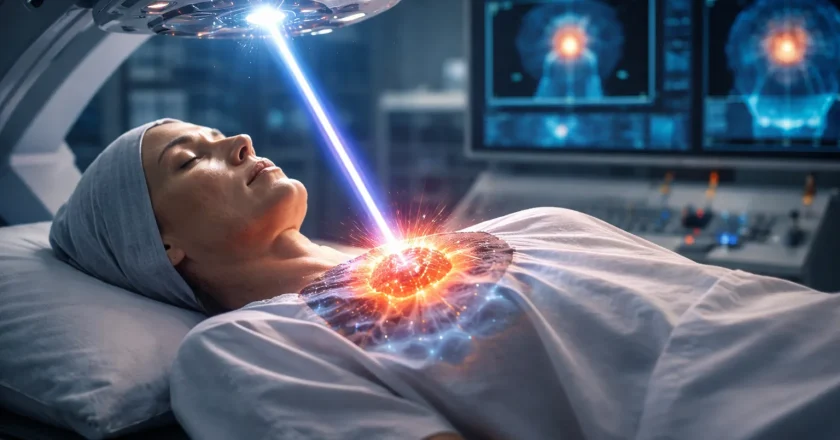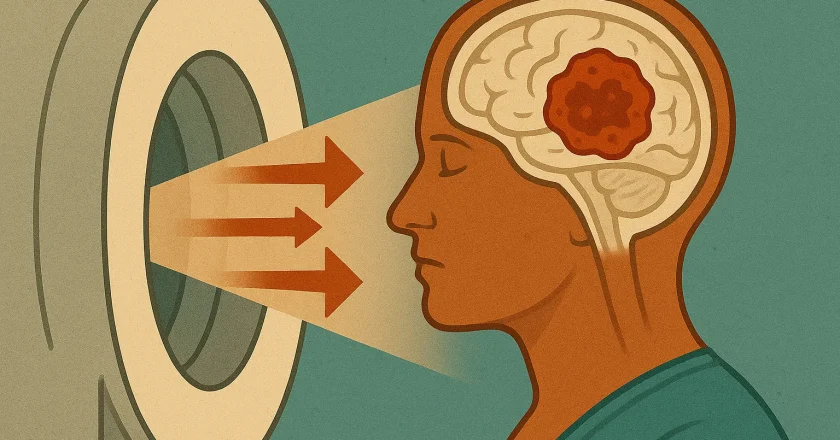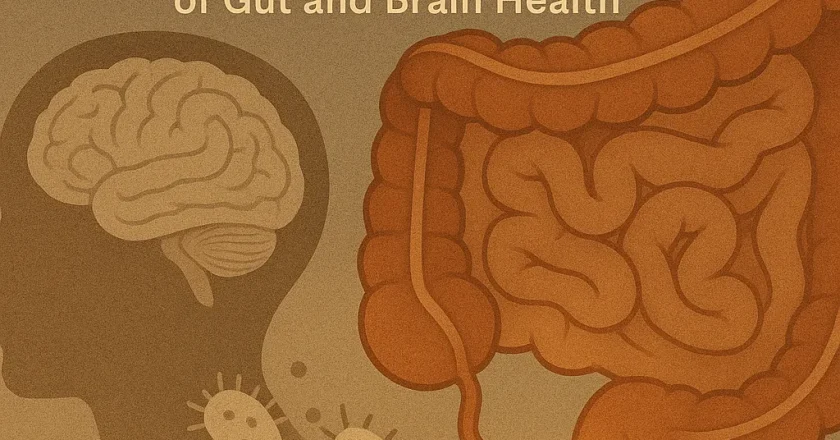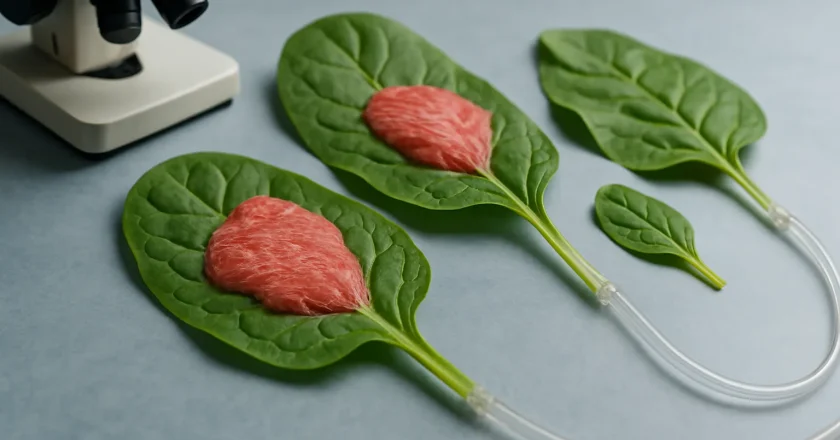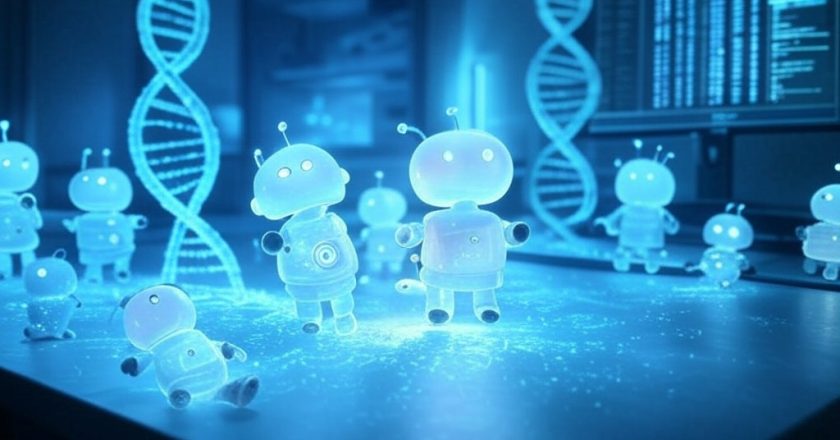Your Brain Secretly Mirrors Everyone Around You — And It’s Happening Right Now
You may believe your thoughts, emotions, and reactions belong entirely to you. That what you feel is generated privately inside your own mind. But neuroscience has uncovered something far more unsettling—and far more beautiful.
Your brain is not working alone.
At every moment, it is quietly echoing the people around you.
Without permission. Without awareness. Without effort.
This invisible process is driven by a powerful network of brain cells known as mirror neurons, and they are constantly shaping who you are, how you feel, and how you connect to others—often without you realizing it.
The Neurons That Changed How We Understand Human Nature
Mirror neurons were first identified in the 1990s when scientists noticed something unexpected during brain scans. Certain neurons fired...




